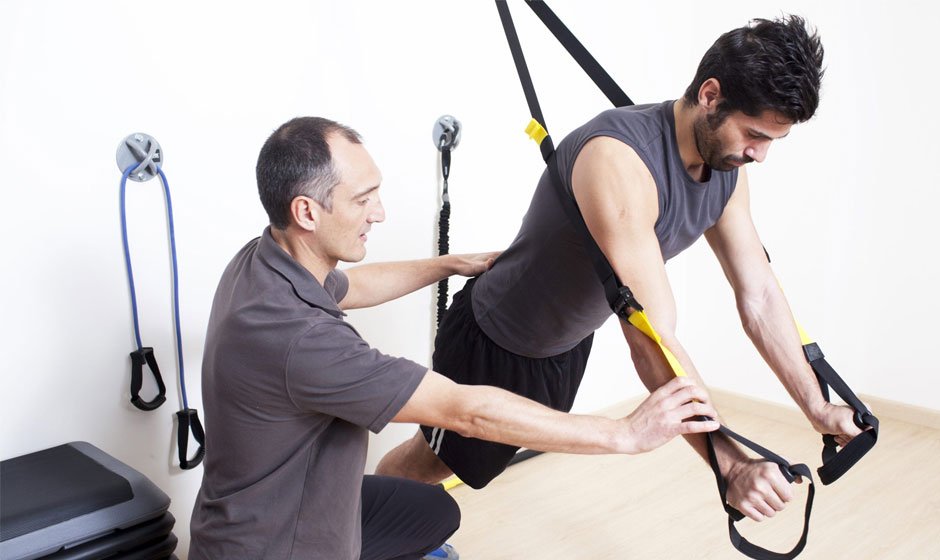Rehabilitation plays a critical role in helping injured workers recover and return to their jobs. Whether the injury occurred due to an accident, repetitive strain, or another work-related cause, rehabilitation is essential for restoring physical function, reducing pain, and facilitating a safe return to work.
The Importance of Rehabilitation
Rehabilitation encompasses a range of services designed to help individuals regain their functional abilities and improve their quality of life following an injury. These services often include physical therapy, occupational therapy, vocational training, and psychological support. The primary goals of rehabilitation are to:
- Restore Function:Help the injured worker regain strength, flexibility, and mobility.
- Manage Pain:Address and alleviate chronic pain through various therapeutic techniques.
- Improve Mental Health:Provide psychological support to cope with the emotional impact of the injury.
- Facilitate Safe Return to Work:Ensure the worker can safely resume their job or transition to a different role if necessary.
Physical Therapy
Physical therapy is often the cornerstone of rehabilitation for injured workers. It involves exercises, manual therapy, and other techniques to improve physical function and alleviate pain. A physical therapist will create a customized treatment plan based on the specific needs and limitations of the injured worker. This plan may include exercises to strengthen muscles, improve flexibility, and enhance coordination.
Occupational Therapy
Occupational therapy focuses on helping individuals perform daily activities and work-related tasks. An occupational therapist will assess the worker’s ability to perform their job duties and recommend modifications or assistive devices if needed. This type of therapy is particularly beneficial for those with injuries affecting their hands, arms, or other parts of the body crucial for their job performance.
Vocational Training
In cases where the injured worker cannot return to their previous job, vocational training may be necessary. This training helps individuals acquire new skills and find employment in a different field. Vocational rehabilitation services often include job search assistance, resume writing, and interview preparation.
Psychological Support
Injuries can have a significant emotional impact, leading to anxiety, depression, or post-traumatic stress disorder (PTSD). Psychological support, including counseling and therapy, is an essential component of rehabilitation. Addressing mental health issues is crucial for a successful return to work and overall well-being.
The Role of a Workers’ Comp Lawyer
Navigating the workers’ compensation system can be complex, and injured workers may face challenges in obtaining the benefits they are entitled to. A Minneapolis workers’ comp lawyer can provide invaluable assistance in these situations. Here are some reasons why you might need a workers’ comp lawyer:
- Understanding Your Rights:A lawyer can help you understand your rights and ensure you receive all the benefits you are entitled to under the law.
- Filing Claims:Properly filing a workers’ compensation claim is essential to avoid delays or denials. A lawyer can guide you through this process.
- Appealing Denied Claims:If your claim is denied, a lawyer can help you appeal the decision and present your case effectively.
- Maximizing Benefits:A lawyer can ensure you receive the maximum benefits available, including medical care, wage replacement, and rehabilitation services.
For more information on workers’ compensation and rehabilitation services, you can visit the U.S. Department of Labor – Office of Workers’ Compensation Programs.
Government Resources for Rehabilitation
Government agencies provide numerous resources to support injured workers in their rehabilitation and return-to-work process. Here are some valuable links to explore:
- Centers for Disease Control and Prevention – Workplace Health Promotion: This site offers information on workplace health and safety, including programs and strategies to promote worker health and prevent injuries.
By understanding the role of rehabilitation and seeking legal assistance when needed, injured workers can improve their chances of a successful recovery and return to work. If you have been injured on the job and need help navigating the workers’ compensation system, consider consulting with a workers’ comp lawyer to protect your rights and secure the benefits you deserve.
Rehabilitation is a vital part of the recovery process, and with the right support, injured workers can regain their independence and return to a fulfilling work life.

